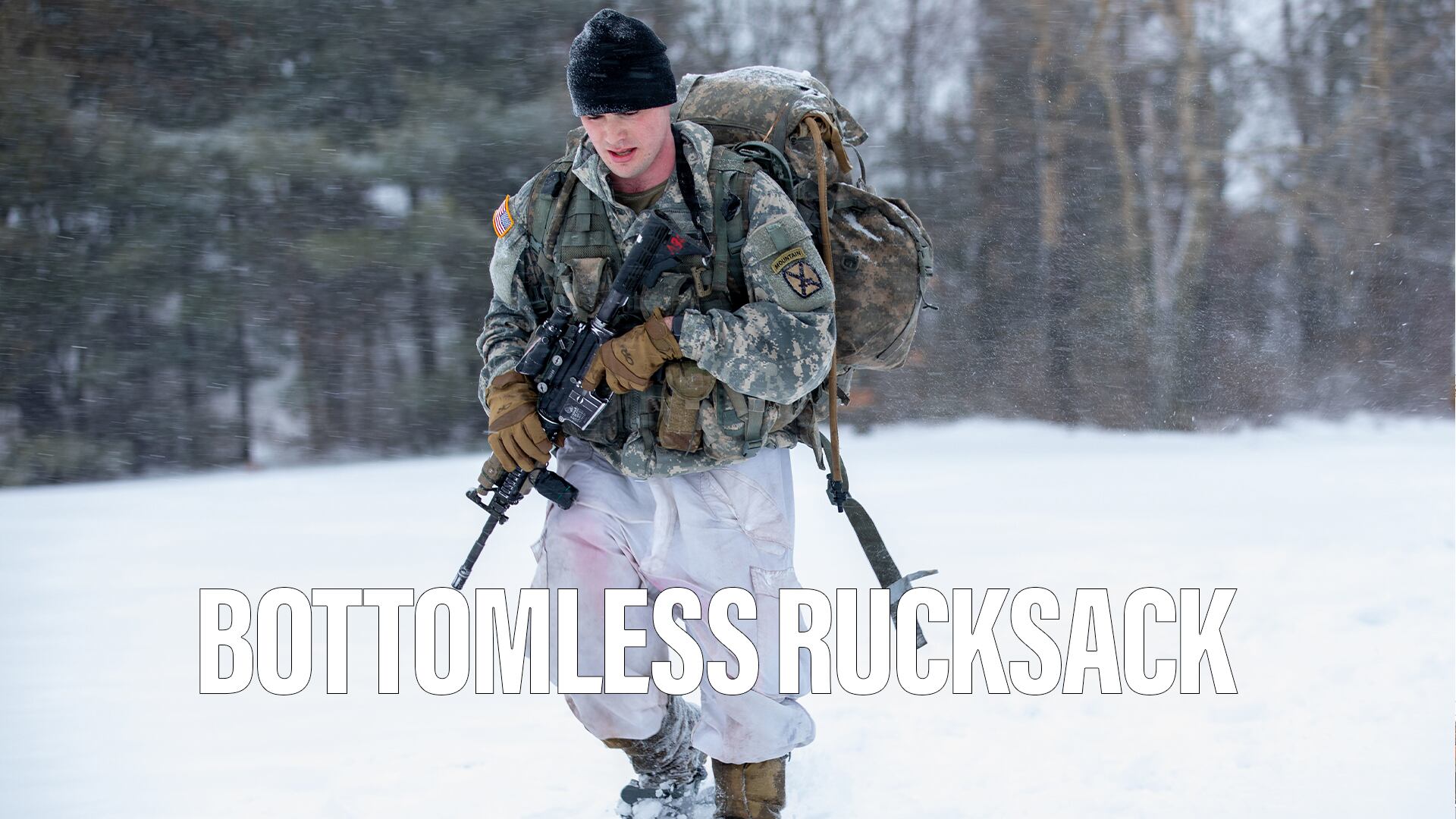HUNTSVILLE, Ala. — As the US Army prepares for the battlefield of the future, a strategy that integrates air, sea, land, space, cyber and electronic warfare calls for some changes to leadership and personnel requirements, according to Army officials.
As the Army looks at the equipment and battlefield framework it needs to support that future landscape, it is also looking at unit and soldier requirements to make the multi-domain concept a reality.
"What are those attributes ... that soldiers need to be able to function in this operating environment using the multi-domain concept?" Brig. Gen. David Komar, director of the Army's Capabilities Development Directorate, told Army Times on Monday at the Association of the U.S. Army's Global Force Symposium.
That discussion includes reviewing military occupational specialties as well as unit organization, officials said. In a December exercise dubbed Unified Quest, Komar said, the Army started laying the groundwork for determining the requirements for the concept laid out in a February white paper, "Multi-Domain Battle: Combined Arms for the 21st Century," a joint venture with the Marine Corps.
To study the human dimension, the exercise brought in military, academic and industry experts, he said. The plan is to brief Army Training and Doctrine Command on their findings later this month.
"In the cognitive, physical and social realms, what is it that soldiers need to be able to do?" Komar said. "Do I get at that the best way through changing how I recruit? Do I change that by training, by education, leader development?"
The Army is asking more questions than providing answers at this early stage, but Komar used the Navy's example of a plan to recruit cyber experts who've been trained by industry at junior officer and senior noncommissioned officer ranks, rather than growing talent solely within the service.
"
In the Army, in the last 20 years, we’ve divested of all of our electronic warfare capabilities," he said, and it will take some creative solutions to build it back up.
At the unit level, future commanders will have to figure out how to employ the cyber and electronic warfare experts who will augment more traditional maneuver and fires elements.
"This gets back to what is organic to a unit and what is task-organized," Maj. Gen. Bo Dyess, deputy director of the Army Capabilities Integration Center, told Army Times on Monday.
For example, he offered, a chief warrant officer might be tasked with monitoring networks.
"
Does each brigade have one of those people in it?" he said. "I don’t think that we know that."
There's also a possibility of having a floating expert for teams on the ground, because some highly skilled jobs might require such extensive training that their numbers will be low.
"If the skill set is high tech or requires equipment where you can only have so many, I could see a point where you would then task-organize and have a person or persons, or squad and team, come over to an organization to help them achieve the effect that they want to achieve," Dyess said.
Existing job descriptions might also evolve, he added, to meet new technology. The definition of a vehicle mechanic might look completely different by 2040.
"If we’ve got hydroelectric drive systems, maybe we need to have more electricians in the Army," he said. "Because the people who are working internal combustion engines are not going to be working on the way that we drive or propel vehicles in the future."
MOS requirements are also under review at the Fires Center of Excellence, for example, to prepare for the integration of cyber and electromagnetic weapons for anti-drone operations.
"Do we take an infantryman and train him on this air defense skill at the small unit level and employ that capability, or do we take an air defense soldier and now add a person to the squad that has this specific position?" said Maj. Gen. Terrence McKenrick, the head of Brigade Modernization Command at TRADOC.
The research will look at both soldier and leader development, he added, to figure out whether to change organizations, change training or change unit manning.
Meghann Myers is the Pentagon bureau chief at Military Times. She covers operations, policy, personnel, leadership and other issues affecting service members.








